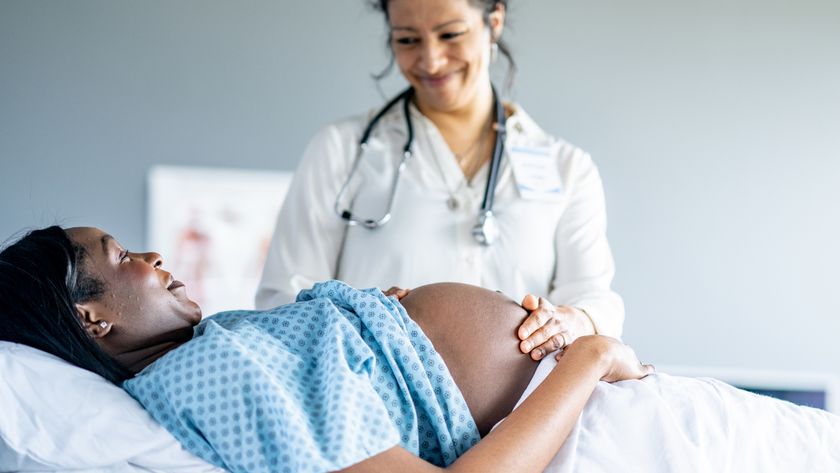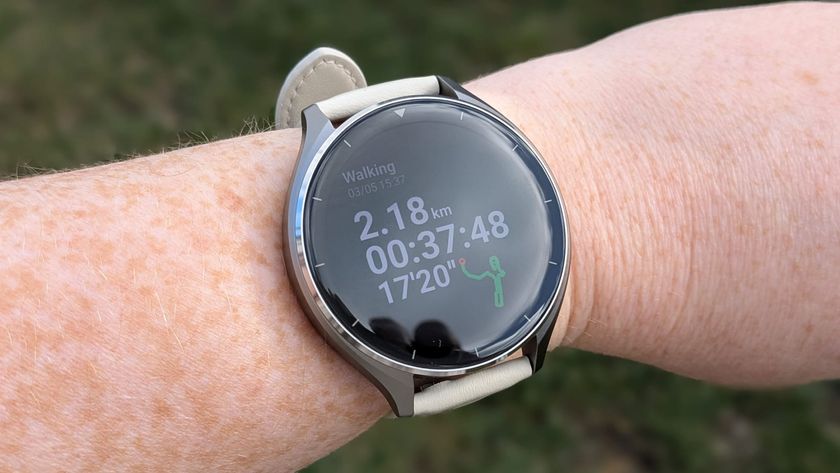Good Cognition in Older Women Linked to Pregnancy History

Women who have their last baby when they are older than age 35 may have sharper cognitive skills later in life than those who finished with their pregnancies at a younger age, a new study suggests. Researchers found that the women in the study who had their last baby when they were older than 35 were better at memorizing lists of words at age 60, compared with those who stopped bearing children earlier on.
"The study provides strong evidence that there is a positive association between later age at last pregnancy and late-life cognition," lead study author Dr. Roksana Karim, an assistant professor of clinical preventive medicine at the University of Southern California, said in a statement. She noted, however, that the researchers would also not necessarily recommend that women wait until after the age of 35 to finish having children, because of the general increase in health risks that occurs when women become pregnant in their late 30s.
In the study, the researchers looked at 830 post-menopausal women whose average age was 60. Previous research has suggested that many women experience declines in cognitive skills after menopause, and the researchers wanted to see whether the timing of the women's reproductive history could affect this decline. [Conception Misconceptions: 7 Fertility Myths Debunked]
The researchers gave the women a series of tests that examined the participants' cognitive skills, including their executive function — which involves planning and focusing — and their memory. For example, they tested how well the women could remember lists of words or retell a story after being distracted.
The researchers also looked at the women's reproductive history, including how old they were when they got their first period, as well as whether the women had ever used birth control pills and whether they had ever been pregnant.
The researchers found links between the timing of some of those events and the women's cognitive skills. For example, they found that women who got their first menstrual period before turning 13 tended to have better executive function than those who got their first menstrual period when they were 13 or older, according to the study. [6 Fun Ways to Sharpen Your Memory]
The women who had used birth control pills for at least 10 years were also better at memorizing lists of words and had better critical-thinking skills than those who had never used those pills or who had used them for less than 10 years, according to the study.
Sign up for the Live Science daily newsletter now
Get the world’s most fascinating discoveries delivered straight to your inbox.
Moreover, among women who had ever been pregnant, those who had been pregnant at least twice had better overall cognitive ability than those who had only been pregnant once. In addition, those women who had their last child at age 35 or later had a better memory for lists of words than those who had their last child before they reached the age of 35.
It is not completely clear why these factors may be linked to better cognition later in life, the researchers said. But the link likely has something to do with exposure to high levels of the female hormone estrogen that accompanies these events, they said.
For example, girls who start their period early in life are exposed to estrogen early in life, which may be beneficial to the development of their brains, the researchers said. The researchers think that this is a likely theory because some animal research has suggested that estrogen may have positive effects for brain chemistry and structure, Karim told Live Science.
Further research should continue to examine this association in humans, the researchers said.
Originally published on Live Science.

'Love hormone' oxytocin can pause pregnancy, animal study finds

'Mini placentas' in a dish reveal key gene for pregnancy












